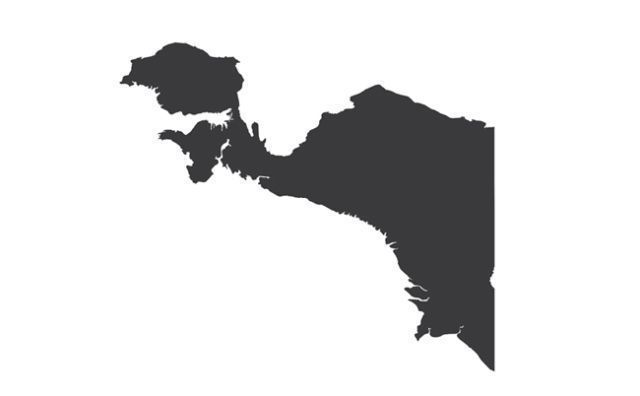Special Autonomy Solutions for the Acceleration of Development and Welfare of the Papuan People
By: Thomas Magai
Since 2014 until now, the policy of the central government under the leadership of President Joko Widodo has never stopped to carry out development in Papua. The sustainability of Otsus Papua is one of the policies of the central government as a form of embodiment of siding with the Papuan people. The goal is to provide solutions for the sustainability of accelerated development and prosperity in Papua.
Otsus Papua was born from the Papuan people’s dissatisfaction with the civil, political, economic, social and cultural situation in Papua. The reform era also had an influence on Indonesia’s policies in Papua. The government also established Osus. Through this policy, the state gives the Papuan people the widest possible freedom to regulate themselves, but still within the framework of the Republic of Indonesia.
The Head of Sub-Directorate for Handling the Acceleration of Papuan Development at the Ministry of Home Affairs, Edward Semuel Renmaur, said that in terms of budgeting, the Papuan Regional Government and the Central Government have been very transparent in the use of the Special Autonomy funds. So if people say that Otsus is not felt, it can be seen from various perspectives. The government has done its job well.
The Papuan people must not turn a blind eye to the various development achievements through Otsus. Through Otsus, infrastructure development has progressed very rapidly, public health centers have been reorganized, the people’s economy has grown as the needs of local consumers and producers are accommodated.
Towards the end of the disbursement of the Papua Special Autonomy funds in November 2021, the government agreed to continue the distribution of Otsus funds and increase the special allocation ceiling to 2.25% of the national General Allocation Fund (DAU). This Volume II Special Autonomy Fund can be used as a momentum to give Papua a new policy that comes from the will and participation of the Papuan people, so that a better relationship will be created between the Central Government and the Papuan people.
The new policies that are designed should be evaluative in nature, with a priority base on improving welfare and public services, focusing on accelerating development, taking into account demography, socio-economics, customs, culture, and politico-security, with good governance.
Learning from the implementation of Otsus over the past 20 years, the Special Autonomy Fund Volume II must be able to cover weaknesses and achieve its true goals, namely the welfare of the Papuan people and catching up with gaps or backwardness. Therefore, there is a need for better governance and accountability as well as stricter regulations.
Monitoring and evaluation needs to be improved to ensure that the work plan and budget absorption have an impact on improving Papuan welfare. In addition, policy achievements must be in accordance with Government Regulation Number 6 of 2008 concerning Guidelines for Evaluation of the Implementation of Regional Government.
The potential for abuse of authority and budget for Otsus Papua Volume II must be anticipated with a planned and structured supervisory function. The Supreme Audit Agency (BPK), the Corruption Eradication Commission (KPK), the Ombudsman, and other related institutions are encouraged to continue to monitor and oversee public services until the use of the Special Autonomy Volume II budget.
Indications of misappropriation of the Papua Special Autonomy Fund Volume II must be traced as early as possible to ensure that the allocation of the Papua Special Autonomy Fund Volume II is on target and is not distributed to the Separatist Terrorist Group (KST) which has been troubling the Papuan people.
Therefore, there is a need for commitment and synergy from every institution, whether executive, legislative, and judicial, as well as the community, in supporting and guarding the Otusus Volume II fund in order to achieve the goals that the Indonesian people aspire to. So with Otsus volume II, it is hoped that in the future the sustainability of development and welfare in Papua will be maximized and better.
(Papuan students live in Makassar)
